大学邀你一起探索循环经济新模式
循环经济
随着世界范围内资源枯竭和浪费的增加,拥抱循环经济比以往任何时候都更为重要。循环经济可以使产品生产效率变得更高,资源和材料也可以得到长时间地重复利用。
在东亚太平洋纳米微材料循环经济和可持续发展会议上,詹姆斯库克大学新加坡校区Associate Professor Adrian Kuah受邀担任“循环经济的机遇和差距”专题讨论的发言人。该会议由新加坡国立大学和中佛罗里达大学联合举办,共为期四天。该专题讨论于8月30日举行,即会议的第二天。
Associate Professor Adrian Kuah目前是循环经济ISO/TC 323的成员,受支持企业发展的政府机构——新加坡企业发展局任命。
该会议由美国国家科学基金会资助,旨在吸引来自世界各地的科技人士共同探讨循环经济和纳米技术可持续性领域的研究成果,并促进参与者之间的合作。
主席由机械工程教授、新加坡国立大学循环经济专题组主席、新加坡国立大学纳米科学与纳米技术倡议组织的联合主任Professor Seeram Ramakrishna担任。专题讨论由以下成员组成:
Dr Terry Collins - Teresa Heinz绿色化学教授兼卡内基梅隆大学绿色科学研究所所长
Dr Carol Handwerker - 普渡大学材料工程学Reinhardt Schuhmann, Jr.教授
Dr David Grewell - Walter B. Booth杰出教授兼北达科塔州立大学工业与制造工程系主任
Dr Brajendra Mishra - Kenneth G. Merriam机械工程杰出教授兼伍斯特理工学院金属加工研究所所长
Dr Adrian Kuah - 商科副教授和詹姆斯库克大学凯恩斯学院高级研究员
Dr Ashley A. White - 劳伦斯伯克利国家实验室传媒总监
Mr Marc Allen - Engeco技术总监
Mr Martin Stavenhagen - SD咨询公司的联合创始人兼董事
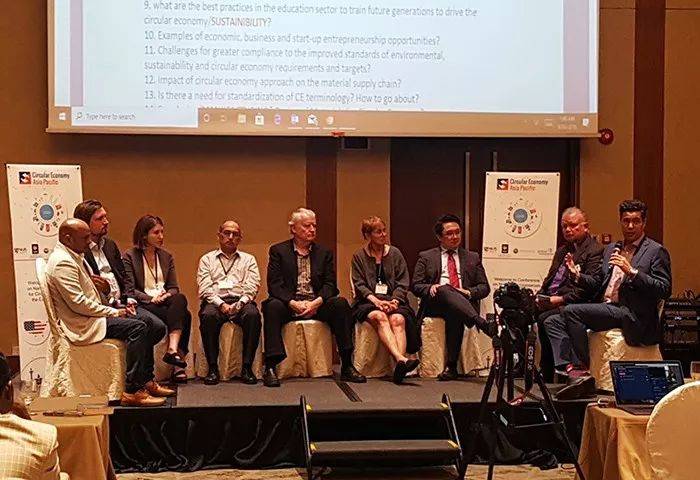
专题讨论成员从左到右依次为:Professor Seeram Ramakrishna; Mr Martin Stavenhagen; Dr Ashley White; Professor Brajendra Mishra; Professor Terry Collins; Professor Carol Handwerker; Associate Professor Adrian Kuah; Professor David Grewell; Mr Marc Allen
专题组成员分享了他们在促进和提高公众对循环经济重要性的认识方面的经验。Associate Professor Kuah强调,必须优先考虑社会和消费者价值。他的研究结果表明欧洲消费者比亚洲消费者更具有环保意识。
他阐述到:“人类活动造成的环境问题最终必须由负责任的社会团体和企业来解决。”
与此同时,Professor Collins指出,人类使用了过多的危险化学品,并强调了对可接受和不可接受的道德标准的需求。
Professor Grewell强调了教育的重要性,特别是需要从5岁到6岁就开始提高儿童对环境的认识。Dr White补充说,协作和领导技能等软技能应该体现在学校课程中,以解决在实现循环经济目标的过程中可能遇到的复杂问题。
Professor Handwerker引用了瑞典气候活动家Greta Thunberg的一段话,他说,一个简单直接的讲故事的方法可以吸引公众对循环经济的兴趣。
作为循环经济领域顾问,Mr Allen和Mr Stavenhagen也强调需要使用测量工具来确定循环经济活动产生的“循环性”。

Associate Professor Adrian Kuah在专题讨论中发言
会议结束后,Associate Professor Kuah说:“这次会议确实阐明了科学如何为资源的循环利用和回收提供技术解决方案,这也为缩小循环差距提供了许多机会。”
他继续说道,“大学在采取行动转化这些研究成果并提高公众意识方面发挥着关键作用。”
事实上,詹姆斯库克大学新加坡校区与新加坡国际商会正在组织一场比赛,以加强2019年成为新加坡“零浪费年”的地位。
比赛呼吁学生制作一个一分钟时长的视频,提高人们对可持续习惯的认识,并制定明确的可行计划。视频应属于以下类别之一:
正确使用回收箱
减少食物浪费
管理电子废弃物
每个类别中最好的团队,将获得1000新币的现金奖励。参赛作品需在2019年10月1日之前提交。
扫下图二维码或点击文末“阅读原文”了解更多竞赛信息并注册参加,也可发邮件向Associate Professor Adrian Kuah咨询[email protected]。
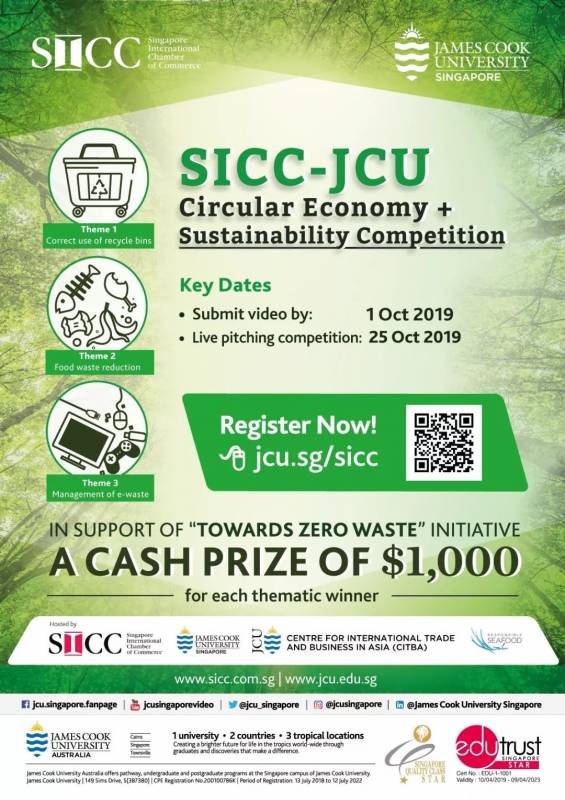
Scroll down for English version
As the world faces increased resource depletion and waste, it is morecritical than ever to embrace a circular economy — where products are made moreefficiently, and resources and materials are reused for as long aspossible.
Associate Professor of Business at James Cook University (JCU) in SingaporeAdrian Kuah was invited as a speaker on the panel discussion “Circular EconomyOpportunities and Gaps,” at the conference on Nano-Micromaterials for CircularEconomy and Sustainability in the East Asia Pacific, jointly organised by theNational University of Singapore (NUS) and the University of Central Florida(UCF). The panel discussion took place on 30 August, the second day of theconference’s four-day span.
Associate Professor Adrian Kuah is currently NMC Member for theISO/TC 323 on the Circular Economy, where he was nominated by EnterpriseSingapore — the government agency championing enterprise development.
The conference, funded by the National Science Foundation (US), aims to gatherscientific professionals from different parts of the world, to discuss researchfindings on the field of circular economy and sustainability of nanotechnology,as well as promote collaboration between participants.
Chaired by Professor Seeram Ramakrishna — Professor of MechanicalEngineering; Chair of the Circular Economy Taskforce at NUS; and co-director ofNUS Nanoscience and Nanotechnology Initiative (NUSNNI) — the panel discussioncomprised of the following panellists:
Dr Terry Collins – Teresa Heinz Professor of Green Chemistry & Director, Institute for Green Science at Carnegie Mellon University
Dr Carol Handwerker – Reinhardt Schuhmann, Jr. Professor of Materials Engineering at Purdue University
Dr David Grewell – Walter B. Booth Distinguished Professorship & Chair of Industrial and Manufacturing Engineering at North Dakota State University
Dr Brajendra Mishra – Kenneth G. Merriam Distinguished Professor of Mechanical Engineering & Director of the Metal Processing Institute at Worcester Polytechnic Institute
Dr Adrian Kuah – Associate Professor of Business & Senior Fellow of the Cairns Institute at James Cook University
Dr Ashley A. White – Director of Communications, Lawrence Berkeley National Lab
Mr Marc Allen – Technical Director of Engeco
Mr Martin Stavenhagen – Co-founder and Director of SD Consulting
The panellists shared their experiences in promoting and raising publicawareness about the importance of the circulareconomy. Associate Professor Kuah emphasised that societal andconsumer values have to take priority, citing his research findings thatEuropean consumers are more environmentally conscious than Asian consumers.
He elaborates, “Environmental problems caused by human activities musteventually be resolved by responsible societies and businesses.”
Meanwhile, Professor Collins pointed out that humans have used toomuch dangerous chemicals, and underscored the need for ethical standards withregards to what is acceptable and what is unacceptable.
Professor Grewell highlighted the importance of education, especially theneed to raise children’s awareness of the environment from the age of 5 to 6years. Dr White added that soft skills, such as collaboration and leadershipskills, should be reflected in the school curriculum, to solve the complexproblems that can be encountered in achieving goals of the circular economy.
Referring to a quote by Swedish climate activist Greta Thunberg, ProfessorHandwerker said that a simple and straightforward storytelling approach can beuseful to attract the public’s interest in the circular economy.
As circular economy consultants, Mr Allen and Mr Stavenhagen also stressed the need for measurement tools to identify “circularity” producedas a result of circular economy activities.
After the conference, Associate Professor Kuah said, “This conference has indeed shed light on how science has contributed to technological solutions in the recycling and recovery of precious resources, which also present numerousopportunities in closing the circular gaps.”
He continued, “Universities play a key role in taking actions to translatethese research and to raise public awareness.”
In fact, James Cook University in Singapore, with the Singapore International Chamber of Commerce, is currently organising a competition that reinforces 2019 as Singapore's “Year Towards Zero Waste”.
The competition calls on students to develop a one-minute video message that raises awareness on sustainable habits, and develop a clear actionable plan, in one of the following categories:
a. The correct use of recycling bins
b. Food waste reduction
c. Management of electronic waste
The best team in each category will be awarded $1000 cash prize for their ideas. Entries close on 1 October 2019.
Find out more about the SICC-JCU Circular Economy + Sustainability Competition here. SICC-JCU competition enquiries: Associate Professor Adrian Kuah [email protected]。



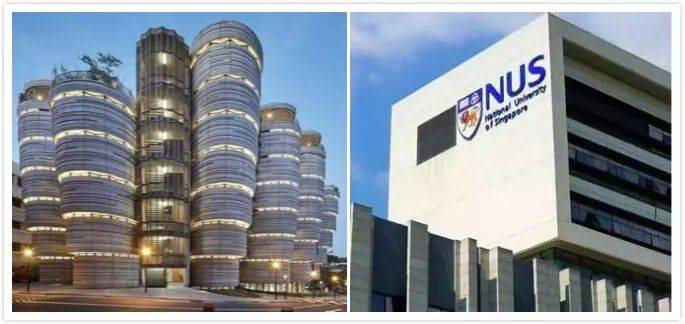
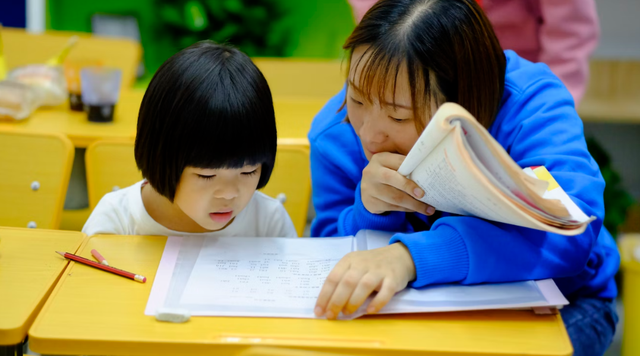
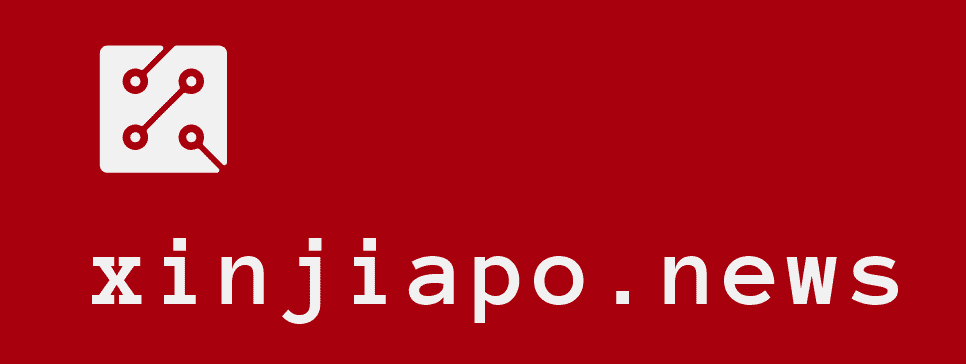

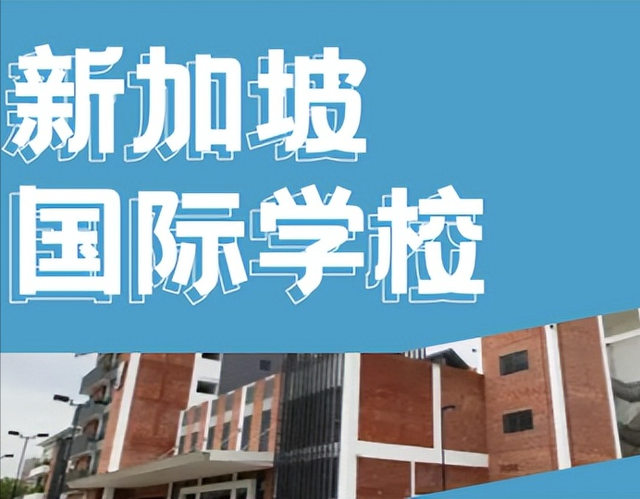
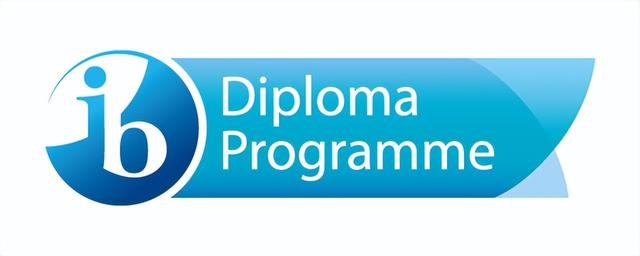
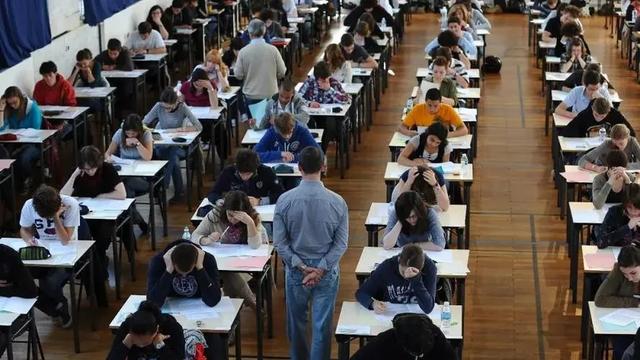
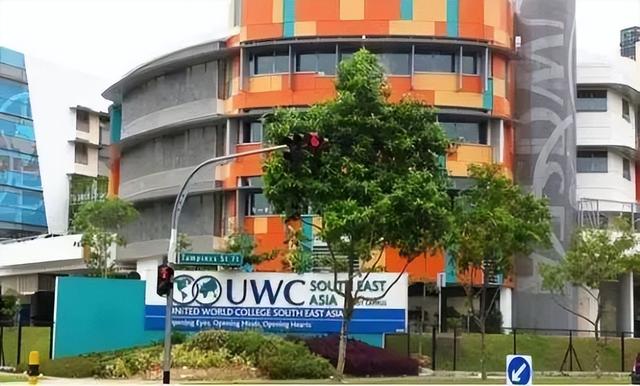

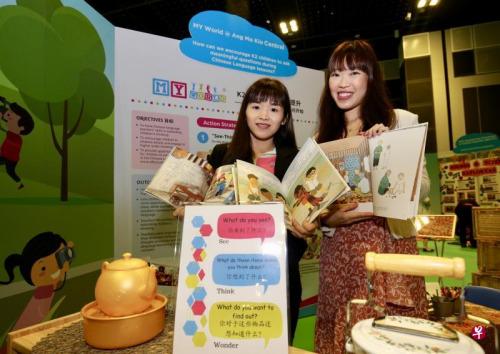










评论